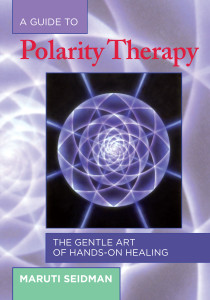The phrase 'art therapy' was first coined in 1942, but Susan Hogan's study begins in the latter part of the eighteenth century, when the arts were used as part of the 'moral treatment' method. In the nineteenth century psychological and anthropological writings come under scrutiny, in particular the way in which symbolism in art and language was linked to theories of degeneration and assumptions about the hierarchy of races. The author explores in detail psychoanalytic theories of symbolism, the development of a 'psychopathological school' and analytic (Jungian) psychology.
Susan Hogan's book is informative, well researched and entertaining. As well as providing an authoritative history of art therapy, it covers such diverse topics as the philosophy of art therapy, the way attitudes to insanity have changed, the role of art therapy in the context of post-war rehabilitation and the treatment of tuberculosis patients, Surrealism, and Britain's first therapeutic community. It is an invaluable resource for art therapists, and an interesting, informative read for anyone interested in art history or the history of ideas.







